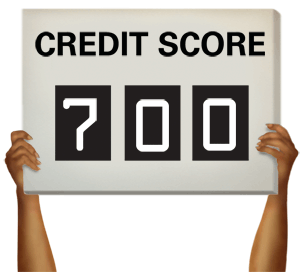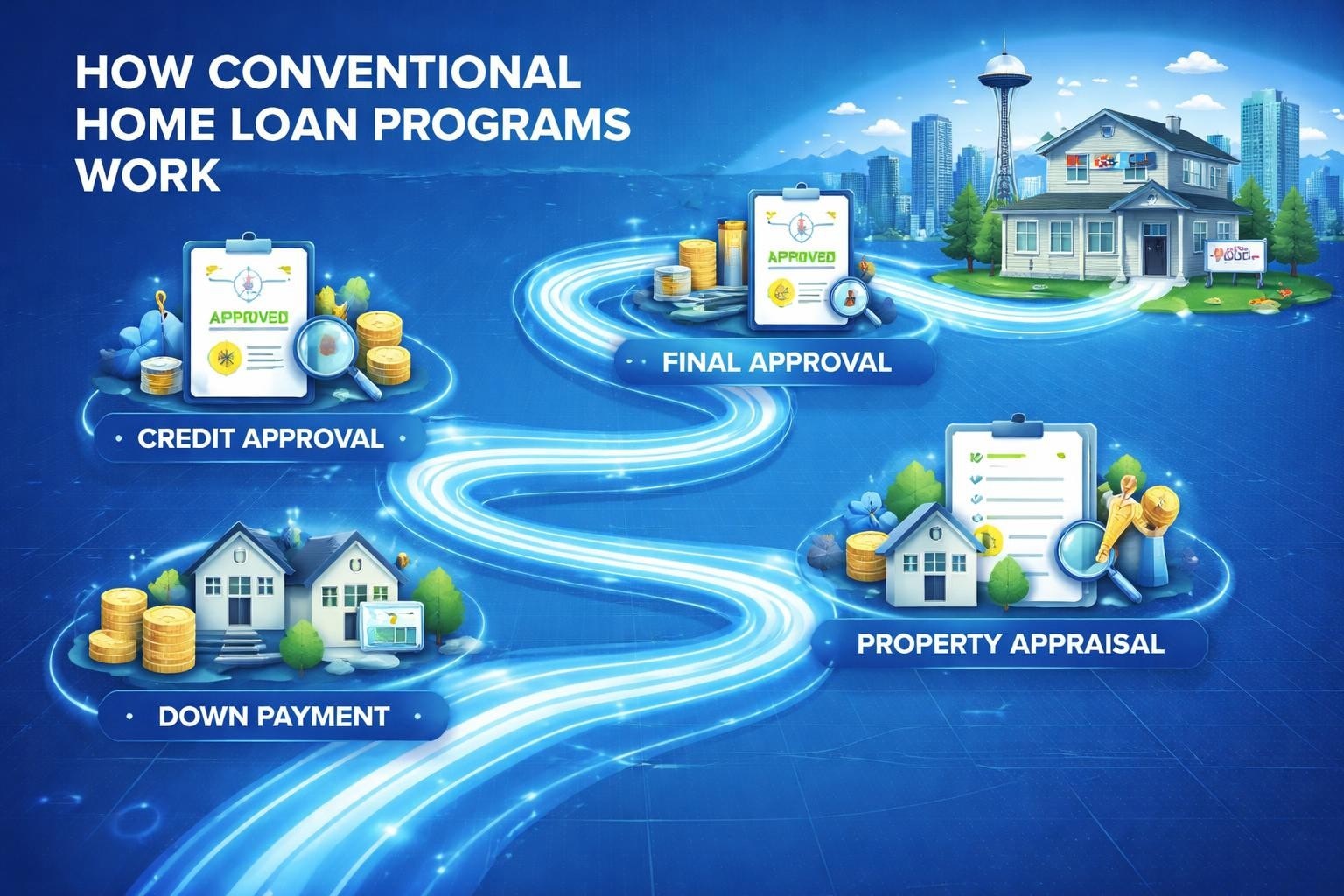 Learning how your credit score impacts your ability to purchase goods and services will help you make wise financial decisions regarding when to use your credit.
Learning how your credit score impacts your ability to purchase goods and services will help you make wise financial decisions regarding when to use your credit.
Today’s stricter program guidelines don’t have to be a dead end for credit challenged borrowers. Education and basic guidelines from your mortgage professional can raise those scores. Having the right tools can quickly and legitimately raise your credit score to help qualify you for a better loan program.
Three major credit reporting agencies are: Experian, Transunion, and Equifax. Your score for each agency will range from 350 – 850.
The credit scoring process is complex, but here are simple steps to consider elevating your score.
How Is My Credit Score Determined
35%of your score is determined by your payment history including the number of accounts paid, number of delinquent accounts and severity of delinquency, bankruptcies, judgments, and liens.
30%of your score is determined by the amounts you owe and how much of your credit line is in use, amounts you owe on installment accounts as compared to the original balances, and number of zero balance accounts.
15%of your score is determined by the length of time of your credit history. The total time the accounts were open is tracked by the credit agencies.
10%of your score is determined by new credit and the number of recent new accounts, the proportion of new accounts, and the number of recent inquiries.
10%of your score is determined by other variables.
Pay Off Revolving Accounts
It’s ideal to pay off the full balance, but if that is not feasible, evenly distribute the balances. Open credit cards with zero balances are optimal for your credit score. However if you carry balances, those balances should be distributed among the credit cards so not one credit cards is close to the maximum limit. You want to make sure the balances remain at or below 30%
Make Sure Credit Limits Are Reported
When no limit is reported, the credit scoring software assumes the account is “maxed out,” which lowers the borrower’s credit score. The problem here is that even if the credit card company does report the limit, it will usually go away the next month because the bank’s reporting format is set-up that way. A better strategy is for the client to max out the particular credit card and then pay it off in full when the bill comes. The credit scoring software will substitute the high balance charged as the credit limit for credit scoring purposes.
Get Rid of Late Payments
Borrowers should contact the creditors that report late payments and request a good faith adjustment that removes the late payments reported on the account. This may take more then one call but be courteous and polite with the representative to adjust your credit history.
Charge-offs and Collections
Clients who have both unpaid charge-offs and collection accounts, but whose funds are limited, should pool their money and pay off the accounts in the following order:
1. Past due delinquent accounts that are not in charge-off status
2. Collection accounts from collection agencies that agree to delete the derogatory reporting from the credit bureaus.
3. Pay off credit cards, but do not close the account
4. Unpaid charge-offs that are less than two years old. By addressing these five major areas (revolving accounts, credit limits, late payments, charge-offs and collection accounts) the borrower should see a significant increase in his or her credit score.
How Does My Credit Score Affect My Interest Rate
Creditors assign grades to scores and use these grades to determine what rate or tier you qualify for depending on the loan.
An “A” paper grade allows creditors to offer the most competitive interest rates and the most creative and flexible loan terms.
A “B” paper grade allows creditors to offer good interest rates as well as some creative financing.
A “C” paper grade allows creditors to offer higher interest rates and less creative financing.
Please post any questions or statements on the blog below.





Leave a Reply